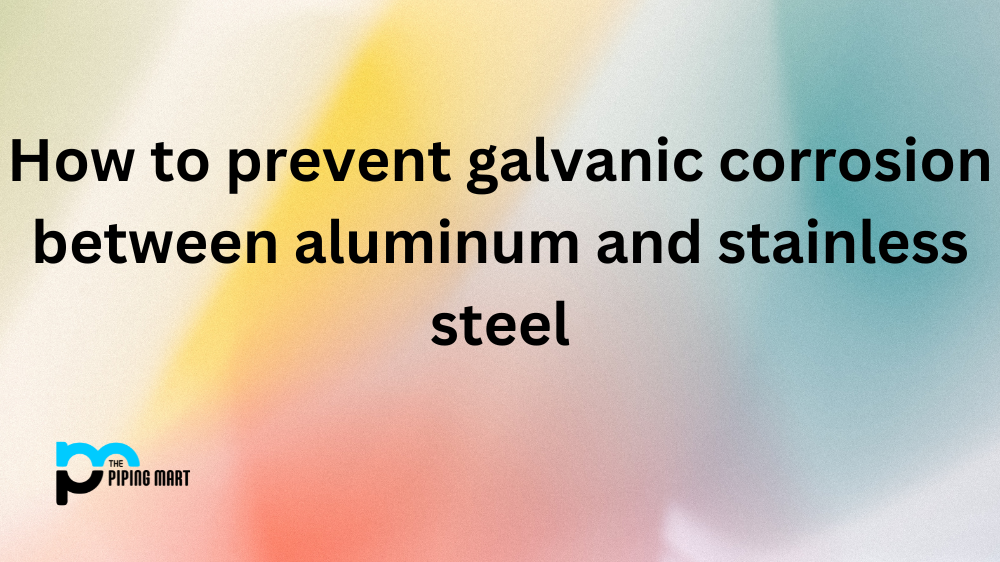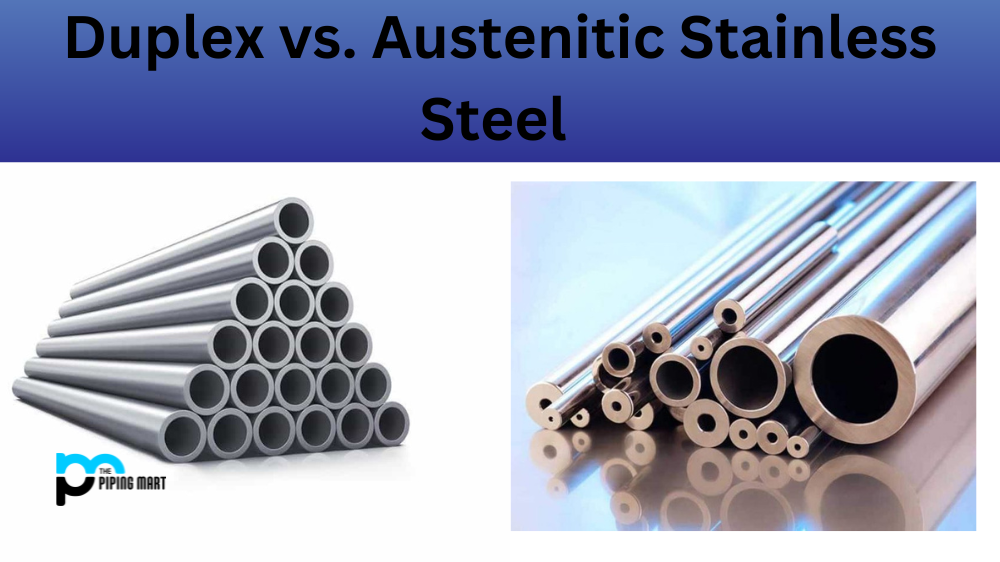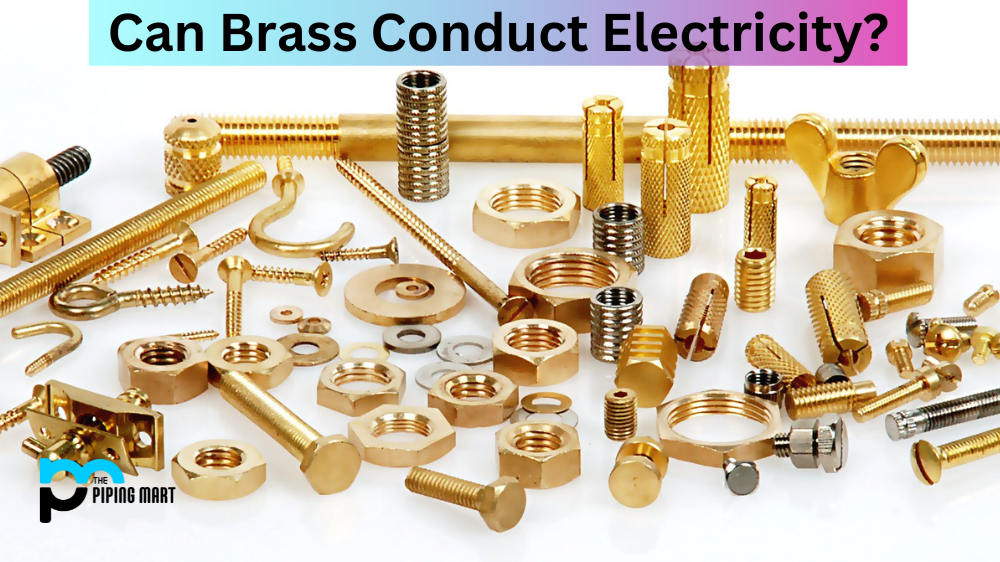Galvanic corrosion occurs when two dissimilar metals, such as aluminum and stainless steel, come into contact with one another. The electrochemical reaction between the two metals can cause oxidation and deterioration of both surfaces, leading to costly and potentially dangerous damage. Knowing how to prevent galvanic corrosion is essential if you want to keep your metals from corroding over time.
What Causes Galvanic Corrosion?
Galvanic corrosion occurs when two different types of metal are in contact with each other in an electrolyte solution, such as salt water or damp air. This creates an electrochemical reaction that results in the oxidation of one or both of the metal surfaces. The metal that oxidizes more quickly is said to be “anodic”, and the one that oxidizes more slowly is said to be “cathodic”. As these reactions take place, they can cause damage to both metal surfaces over time.
How to Prevent Galvanic Corrosion
The best way to prevent galvanic corrosion is by avoiding contact between dissimilar metals altogether. If this isn’t possible, there are a few steps you can take to reduce the risk of corrosion. First, make sure all surfaces are clean before making contact with each other so dirt and debris won’t act as a conductor for the reaction. Second, you should use insulating materials between the metals, such as rubber gaskets or plastic spacers. Finally, you should consider using a sacrificial barrier material (such as zinc) on top of one of the metals as an additional layer of protection against corrosion.
Conclusion:
Galvanic corrosion can be prevented by taking a few simple steps when working with dissimilar metals. Cleaning all surfaces before bringing them into contact with each other will help reduce risk; furthermore, using insulating materials (like rubber gaskets) and sacrificial barriers (like zinc coatings) will also help protect against potential damage caused by galvanic corrosion over time. Following these tips will ensure that your steel and aluminum components remain safe from corrosion long into the future!

Pipingmart is a B2B portal that specializes in metal, industrial and piping items. Additionally, we share the latest information and information about materials, products and various types of grades to assist businesses that are involved in this business.




